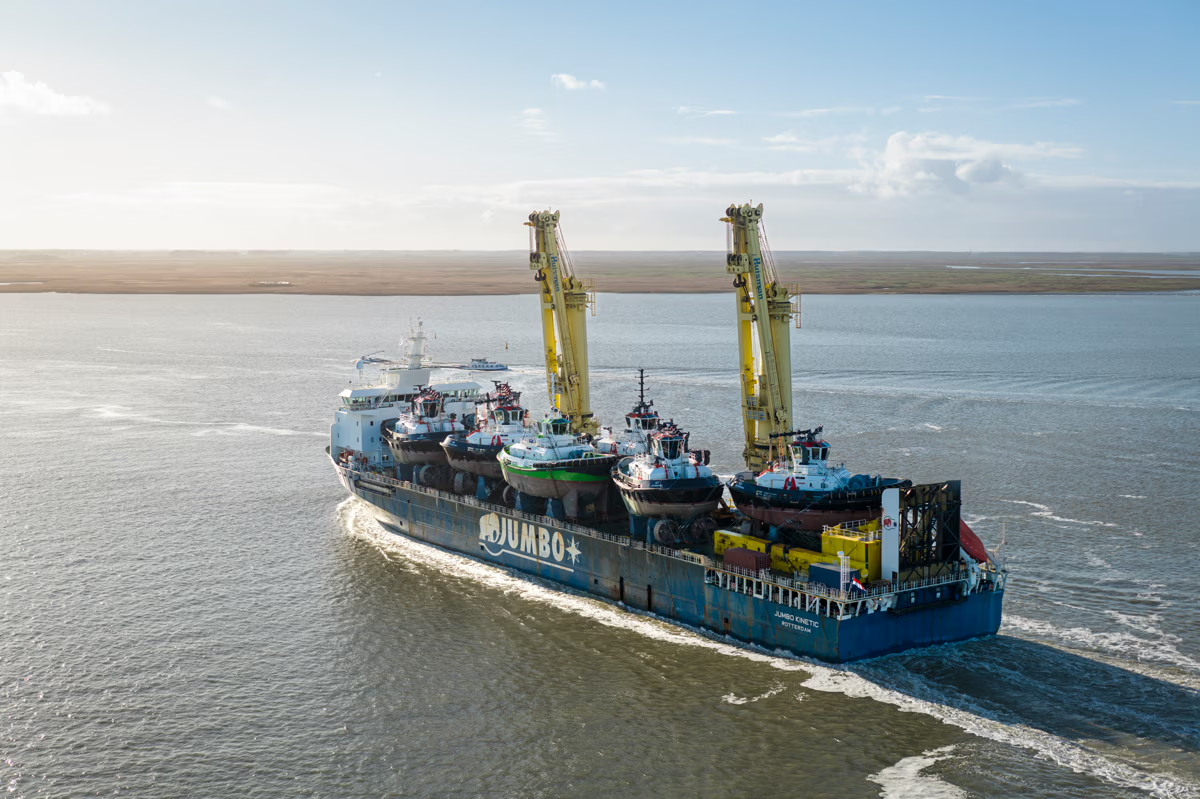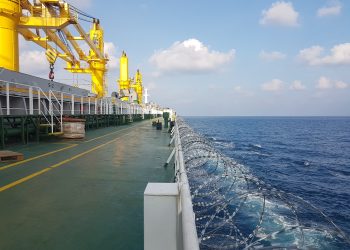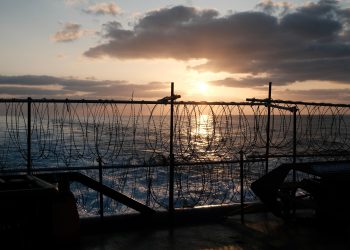Provided by Applied Satellite Engineering (ASE) and Beam Communications
 A range of new anti-piracy systems from providers Applied Satellite Engineering (ASE) and Beam Communications, utilising either the Iridium or Inmarsat satellite networks, have been launched.
A range of new anti-piracy systems from providers Applied Satellite Engineering (ASE) and Beam Communications, utilising either the Iridium or Inmarsat satellite networks, have been launched.
ASE has introduced an enhanced version of its Iridium-enabled safe room ‘citadel’ solution for ships with remote polling technology.
Using the Iridium network, remote polling enables ship owners on shore to remotely obtain ships’ positions. In the event of pirate attacks or other emergencies where communications may be interrupted, this will allow shipping offices to take control of location reporting to direct naval rescue forces.
The remote polling feature can be configured to automatically capture location information at set time intervals, which ASE says can prove useful when ships are sailing outside of other satellite providers’ coverage zones, or when the crew makes the decision to turn off the ship’s Automatic Identification System (AIS) in pirate-infested waters.
In addition, the position of the ship can become ‘lost’ if the standard reporting systems are inoperable for periods of time as it switches regions, communications services or experiences a malfunction.
The remote polling features have been added to ASE’s current safe room communications system, which uses the Iridium network to provide telephony communications and GPS position reporting.
The safe-room system combines the transceiver and antenna into one small enclosure, removing cable distance problems and allowing the enclosure to be mounted hidden from sight.
A corded phone, mounted in a lockable wall mounted cabinet, can be installed in the citadel with only one cable running to the outdoor unit. An additional phone can be installed on the bridge from the same system.
“International waters are becoming increasingly threatened by piracy, and we’ve seen an increase in demand for secure on-board communications solutions, such as ASE’s Iridium-powered citadel solution,” said Ken Coffey, managing director for ASE’s EMEA operations.
“We enhanced our safe room solution with remote location polling to take the reporting burden off crews during stressful situations, such as emergencies or simply when activity is at its peak.”
“Crews today are bogged down with so many reporting responsibilities. Enabling a shipping office to pull coordinates whenever they need it helps make operations more efficient, cuts costs, and most importantly, improves crew safety.”
Beam Communications, meanwhile, has introduced two new anti-piracy products, utilising the Iridium and Inmarsat networks respectively.
Beam’s new PotsDOCK Extreme Covert Piracy Solution utilises the Iridium Extreme satellite handset and a Beam Covert Antenna system to provide a dedicated unit for a safe room or citadel on board a vessel.
The system provides access to voice communications, tracking and an alert functionality. In the event of an attack, an alert can be raised and the vessel can be tracked.
Essential communications on board the vessel, such as the ability to alert authorities in the event of a piracy attack, can be maintained even if all power or communication equipment has been cut off or destroyed by pirates.
The Inmarsat-based system operates with the Inmarsat FleetPhone service, integrated into Beam’s new Oceana 800 Covert Piracy Solution. Again, the phone is aimed to be placed within a citadel, and connected to a Beam-designed antenna intended for covert placement.
Communications, tracking and alert functionalities are also available from this system.
“Over the past 18 months we have seen an increasing demand for Beam’s piracy solutions with the total number of previous similar systems deployed getting close to 500 units,” said Michael Capocchi, managing director, Beam Communications.
“Safe and secure communication is extremely important for addressing the growing concerns of piracy attacks on both commercial and leisure vessels and Beam specialised anti-piracy communication solutions for the marine market are certainly meeting these needs.”
Source: The Digital Ship

























































